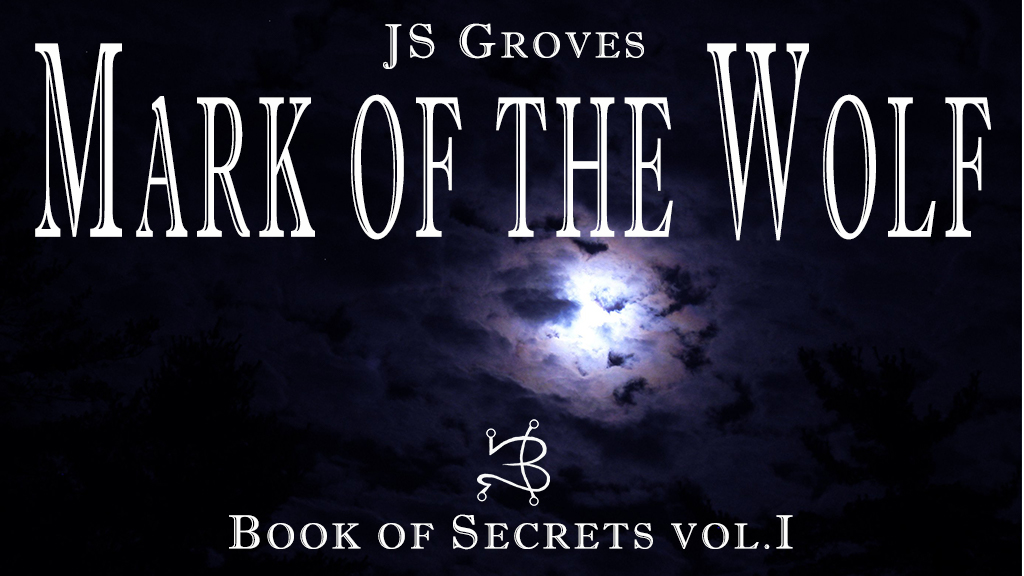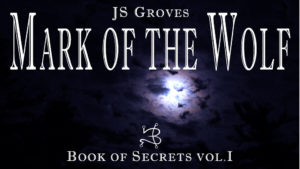Last month I took my second turn teaching at HSA Spirit Circle. My first round, in October, was a reiteration of my Spirit Conjuration workshop that I ran at Heartland last year. This time, I tried something new: a class focusing on elemental energy and circle-casting. The course built on my oldest work – energy manipulation of that style that everyone I know from the 1990s learned somewhere, but which I have seen mentioned in few books and really explored in only one – and then intense elemental experiences of the rituals my crew and I designed and led for HPF 2015 and ’16. It was a really great class, and I’ll probably write about it in detail eventually — maybe after I run it a second time at HPF this coming year — but that’s not actually the interesting part to me in this moment.
The class on spirit conjuration went fairly well, and the purification ritual I did after was reasonably received (and exceptionally potent when I re-wrote it as an outdoor ritual a couple weeks later). But there was a …. dryness to it. I was definitely speaking from an academic place. It was a lecture not a class, and I don’t think anyone went back out into the world more ready to conjure spirits than they were when they came in. Which, on the one hand, makes sense: I’m an academic as much as I am anything else. All the very best classes I’ve taken were lectures and discussions. My hands-on training was all much more informal, and over longer periods of time. But the Kansas City Pagan and magical communities are … not academics, by and large. And while the particular individuals who attend any class I’m teaching are probably not the anti-intellectuals causing so many problems in the community, it does no good to talk over their heads. Also, I was super nervous and it really showed.
The elemental energies class, however, was a different matter entirely. Rather than teaching from a place of expertise and authority, I came from a place of nerdy enthusiasm. Instead of giving a lecture on a subject about which I was knowledgeable – though there was a citation-heavy introduction – I ran a hands-on class where I showed a half-dozen people how to do this thing I do.
It went fucking splendidly. We cast circles. We conjured the elements. We passed around orbs of magical power. People were engaged. Lively. There was laughter. No one even tried to sit out the hands-on portions. New friends were made. It was a struggle to kick everyone out at the end of the evening. Aradia thinks it was one of the very best Spirit Circles we’ve done, almost if not just as good as Shauna Aura Knight’s chanting class and full moon ritual.
In the process, I (re-) learned a thing as well.
I am large and hairy. I have a resting bitch face that borders on serial killer visage. I have been accused (perhaps fairly) of arrogance. I don’t send the signals Pagans want and expect. These are facts. Teaching from a place of authority emphasizes all of that in all the worst ways.
Teaching from a place of enthusiasm, however, seems to mitigate all of that. Even when my enthusiasm strays into the citation-heavy academic side of things, people are less put off by it. As an added bonus, I seem to have more fun, as well.
For much of my life, I have prided myself on my adaptability. When my behavior was not achieving my goals, I changed it. Tragically, that is exponentially more difficult at 36 than it was at 16. But this change … this change I think I can make.









